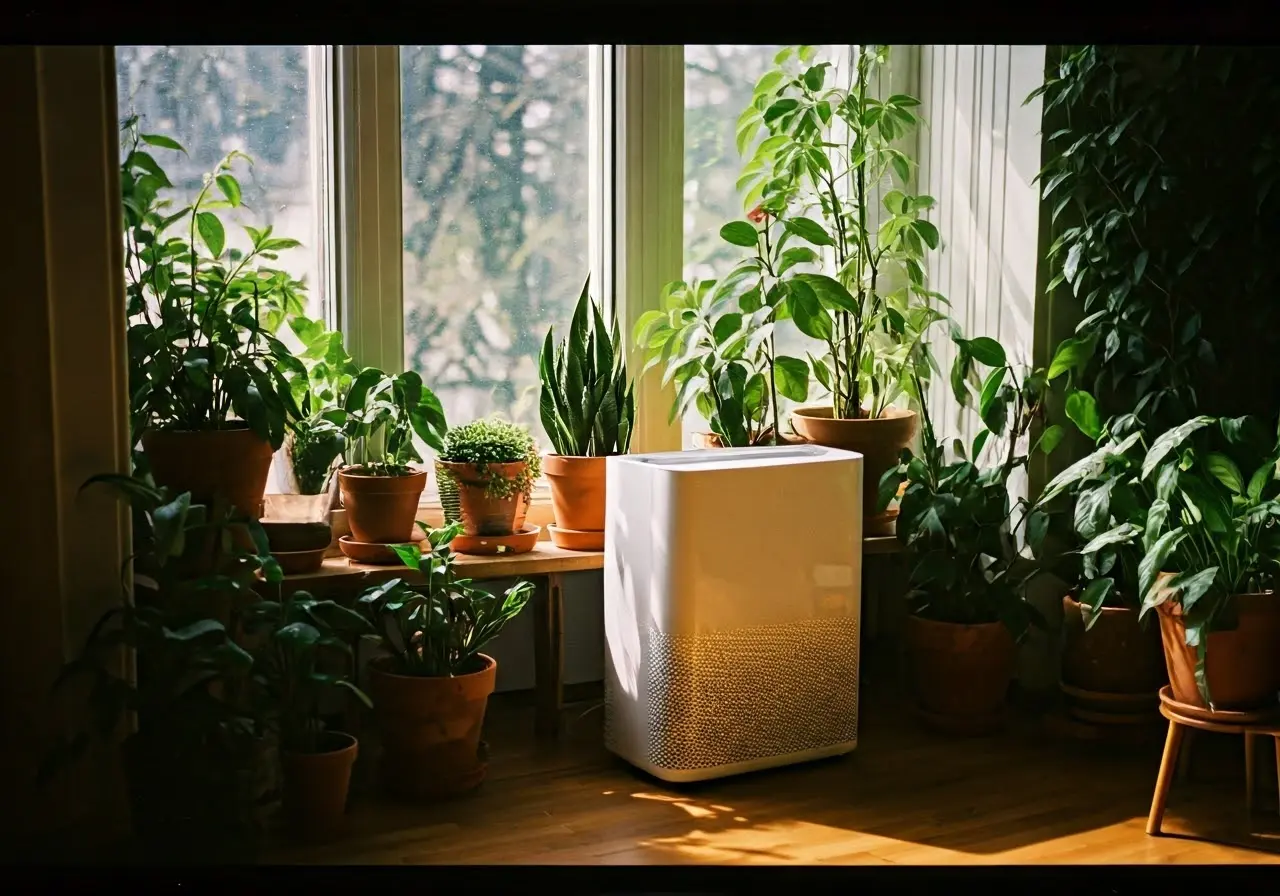Living in Georgia comes with its own set of challenges when it comes to maintaining optimal indoor air quality. From the state’s unique climate to the various allergens prevalent throughout the year, understanding how to improve the air you breathe indoors is essential for a healthy and comfortable living environment. In this blog, we’ll explore various tips and tricks to ensure your indoor air remains fresh and beneficial for you and your family.
Understanding Georgia’s Air Quality Challenges
Georgia’s warm, humid climate, coupled with seasonal allergens like pollen, poses significant challenges to maintaining good indoor air quality. Being aware of these challenges is the first step towards effective management.
One of the primary challenges is the high humidity levels, which can foster the growth of mold and mildew. Both are known to exacerbate allergies and asthma symptoms, making it crucial to control indoor humidity levels year-round. Additionally, pollen from trees, grasses, and weeds is a major concern, especially during spring and fall allergy seasons.
Beyond allergens, residents must also contend with urban air pollution, particularly in densely populated areas. Industrial emissions and vehicle exhaust can infiltrate homes, further degrading indoor air quality. Taking steps to minimize outdoor pollution intrusion is essential for Georgia residents to maintain a healthier indoor environment.
The Importance of Air Purifiers and Dehumidifiers
Investing in quality air purifiers and dehumidifiers can make a world of difference in Georgia homes. These devices help remove allergens and control humidity levels, creating a healthier indoor atmosphere.
Air purifiers come equipped with HEPA filters that effectively capture fine particles, including dust, pollen, and pet dander. This is particularly beneficial for households with allergy sufferers. Furthermore, the latest models offer smart technology that continuously monitors air quality, allowing you to adjust settings for optimal performance.
Dehumidifiers, on the other hand, work by extracting excess moisture from the air, thereby preventing mold growth and keeping humidity at comfortable levels. This is especially important in basements and bathrooms where moisture tends to accumulate. By maintaining ideal humidity, dehumidifiers also help protect your home’s structural integrity by reducing the risk of wood rot.
Ventilation: The Key to Fresh Indoor Air
Proper ventilation is crucial in ensuring that stale air is efficiently replaced with fresh outdoor air. Learn about the different ways to enhance ventilation in your home, from strategic window placements to advanced ventilation systems.
Opening windows and doors at opposite ends of your house can create cross-ventilation, allowing fresh air to circulate and flush out pollutants. However, it’s important to seal off your home when outdoor air quality is poor to prevent external pollutants from entering.
For those looking for technological solutions, mechanical ventilation systems such as whole-house ventilators can provide continuous airflow. These systems are designed to bring in fresh air while exhausting stale air, often with the added benefit of energy recovery. Installing such systems can significantly improve your home’s air exchange efficiency.
Houseplants: Nature’s Air Filters
Incorporating certain houseplants can naturally purify the air. Discover the best plant choices for your Georgia home that not only improve air quality but also add a touch of greenery to your space.
Plants like the Snake Plant, Peace Lily, and Spider Plant are excellent at absorbing common indoor pollutants such as formaldehyde, benzene, and ammonia, converting carbon dioxide into oxygen during the day. However, it’s important to choose plants that complement your lifestyle and ensure they don’t over-humidify your environment.
Aside from their air-cleaning abilities, houseplants can also reduce stress and enhance mood, contributing to overall wellness. So, while they purify your air, they also create a calming environment that can improve your mental health.
Regular Maintenance and Cleaning Tips
Keeping your home clean is vital for maintaining good air quality. Explore effective cleaning practices and regular maintenance tips that can help eliminate dust, mold, and other pollutants from your indoor environment.
Regular vacuuming with a HEPA filter can significantly reduce dust and dust mite allergens in your home. Be sure to clean upholstery and curtains frequently, as they tend to collect dust and allergens easily.
Don’t underestimate the importance of replacing air filters in your HVAC system regularly. This simple practice can drastically improve air circulation and quality, preventing the buildup of pollutants. Ideally, filters should be replaced every three months, but more frequent changes may be necessary if you have pets or live in a high-pollen area.
Breathing Easy in Georgia
Improving indoor air quality doesn’t have to be daunting. With a few thoughtful changes and regular maintenance, Georgia residents can enjoy cleaner, fresher air in their homes. Remember, the benefits of good indoor air quality extend beyond comfort—it’s about ensuring the health and wellbeing of everyone in your home. So take action today and breathe easier tomorrow. Learn more from our homepage on how we can help you achieve better indoor air quality.










